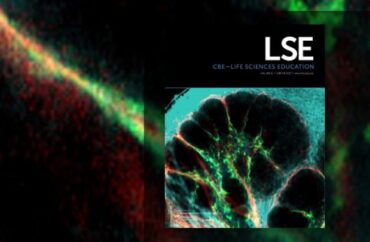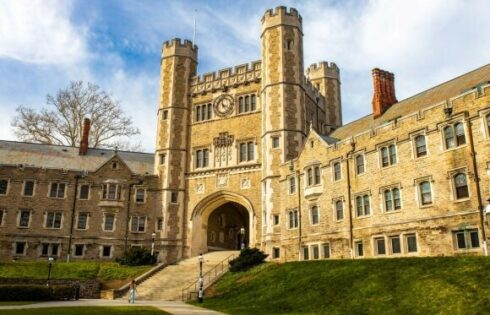
“There is an urgent need in biology education – and in the life sciences more broadly – to move from discussions of ‘diversity’ and ‘broadening participation’ that primarily attend to numerical representation towards research and reform targeting structures, systems, and cultural assumptions.”
So states the team of special guest editors of an upcoming special issue of CBE – Life Science Education in their recent call for research papers.
Through the special issue, the editors stated, they intend to “bring attention to Equity, Inclusion, Access, and Justice in biology education” by “highlighting research articles, essays, and features that offer new insights into these topics.”
“A key goal of this special issue is to elevate research that investigates the unique experiences, assets, and resilience of communities impacted by systemic oppression in ways that intentionally marginalize them within the life sciences, biology education and other research, and STEM education,” they wrote.
“An additional goal of this special issue,” they added, “is to bring the theoretical frameworks, anti-deficit perspectives, methodological approaches, and critical lenses from fields such as higher education, race and resistance studies, gender and sexuality studies, disability justice, and other disciplines to biology education research and to the LSE readership.”
CBE – Life Science Education is described by the publication’s website as a quarterly online journal published by the American Society for Cell Biology and funded in part by the Howard Hughes Medical Institute.
Potential manuscript topics sought by the guest editors for the upcoming special issue include a wide array of subjects relevant to the further integration of diversity, equity, and inclusion ideology into STEM:
“Studies exploring asset-based, rather than deficit-based, approaches to promoting equity, inclusion, access, and justice in biology education”
“Research that centers the lived experiences of marginalized communities…”
“Identification and revision of exclusionary content in traditional life sciences courses, curriculum, and pedagogical practices with respect to race, gender, LGBTQ+ identities, disability, language, class, and many other social identities that continue to be marginalized in the life sciences”
“Assessment of the impact of integrating of social justice into biology education curriculum, pedagogy, and research”
“Interdisciplinary research collaborations that connect biology education to the frameworks, methodologies, and findings from higher education, race and resistance studies, gender and sexuality studies, social psychology, and other fields”
Of the special issue’s eight co-editors, several have long, sometimes notable, professional histories contributing to the advancement of research on these or related topics.
Terrell Morton, for example, a University of Illinois-Chicago professor in education and the subject of a recent College Fix article highlighting his work exploring structural racism in chemistry, serves as the principal investigator for a $8.8M NSF-funded project previously described by UIC Today as an effort to analyze “what ‘Blackness’ means in STEM.”
Sara Brownell, Arizona State University professor of life sciences, served as the co-principal investigator on a project that received $300,000 from the National Science Foundation to assess how the sense of belonging of LGBTQ+ students is impacted when biology instructors share their LGBTQ+ identities in the classroom.
Tatiane Russo-Tait from the department of cellular biology at the University of Georgia serves as the leader of the Advancing Critical Consciousness, Equity, and Social Justice in STEM lab, or ACCESS.
According to Russo-Tait’s faculty page, the ACCESS lab aims to re-frame the notion of access in college STEM and support “the development of critically conscious educators who design humanizing and equitable learning environments, and administrators and policy makers who work to develop justice-oriented culture, policies, and institutions.”
Submission requirements for the special LSE issue include a connection “in some way to equity, inclusion, access, or justice frameworks that go beyond diversity and broadening participation in STEM”, “implications for biology education researchers and practitioners,” and being evidence-based.
The College Fix reached out to all eight co-editors for comment but did not receive a response.
The special issue of CBE – Life Science Education is expected to be published in the fall of 2024.
Right now The College Fix has a back-to-school campaign to help us continue to support our amazing student journalists. A donation today will be matched thanks to a generous limited-time matching gift opportunity from a friend of The Fix! CLICK HERE for more details — and thank you!
MORE: ‘Too rock heavy,’ too ableist, too white: Geoscience students identify concerns in field
IMAGE: CBE – Life Science Education
Like The College Fix on Facebook / Follow us on Twitter






Please join the conversation about our stories on Facebook, Twitter, Instagram, Reddit, MeWe, Rumble, Gab, Minds and Gettr.